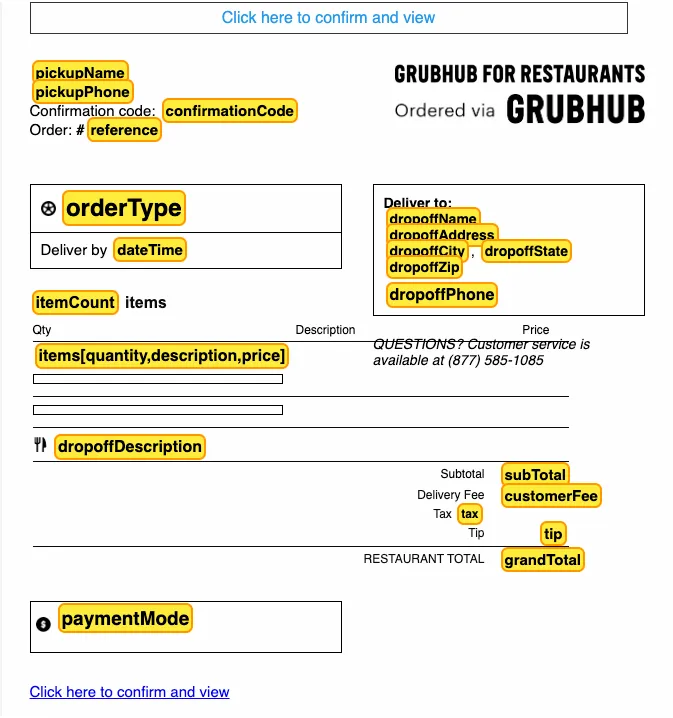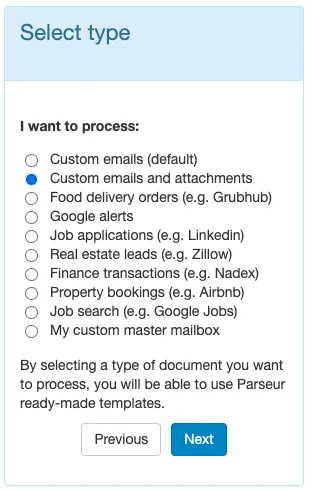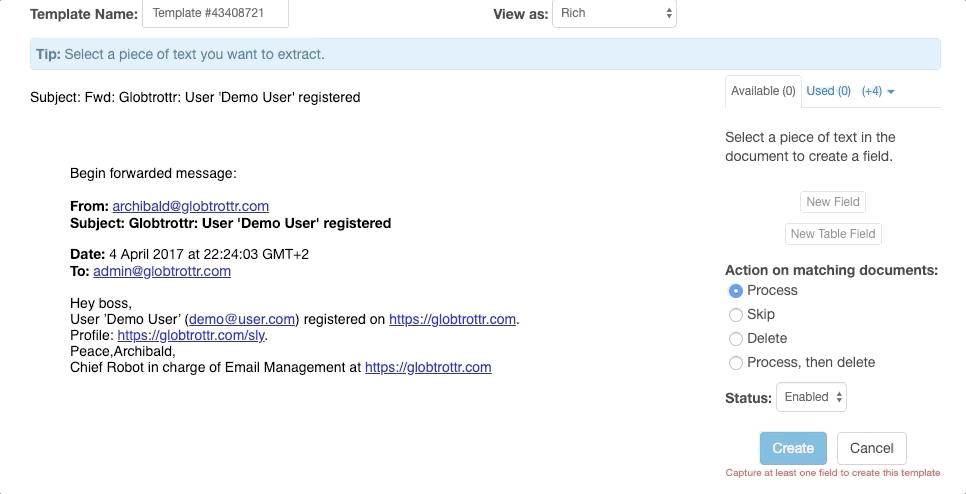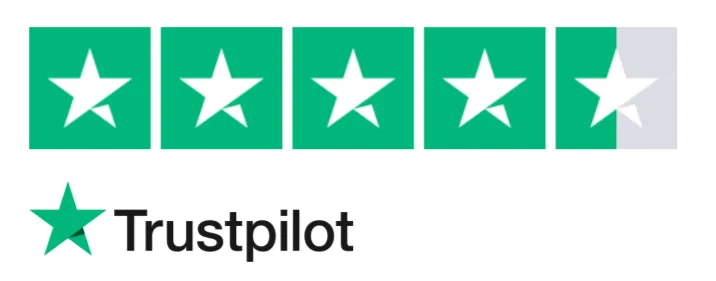If you are a developer or product manager who wants to integrate emails with an application or service, then this article is for you. Maybe you are developing an application where you want to decode MIME emails or track and parse emails that you are receiving.
Integrating emails into an application all by yourself is more complex than it seems that requires more technical skills. Having an email parser at hand can immediately help you save time and automate the manual processes.
What if you could have your data extracted the way you want in no time, and you won't even need to hire someone?
But, first, let's deep dive into an enriching comparison between an email service for developers and an email parsing tool.

Mailgun is a cloud-based email service to send and receive emails with inbound routing features. The emails can be tracked as well and integrated into various applications. In simple words, Mailgun has been built for developers.
With its transactional email API, Mailgun receives your emails and transforms it into a JSON document and post it to your own server.
The example below is an email processed by Mailgun.
{
"subject": "My favorite café",
"sender": "John Doe <[email protected]>",
"recipient": "Mr. Parseur <[email protected]>",
"message": "It's called Awesome Café! See directions in the attachment. Bye.",
"attachments": [
{ "name": "directions.pdf", "content": "https://url.with.content" },
{ "name": "cappucino.jpg", "content": "https://another.content.url" }
]
/*... other interesting pieces of data here (read the doc, Luke) ...*/
}
As you can see, Mailgun picks up on the key parts of your email messages (subject, sender, recipient, message). Your inbound emails become easier to read and process. Mailgun can also make a single HTTP post to your URLs. From there, with your coding skills, you store emails into your database.
Only the full email content and its metadata are pulled out via Mailgun. But what if you want to refine the data extraction and select specific information from your emails?
Extracting specific data from emails
This is where Parseur, as a powerful email parsing tool can help you to set up a more efficient automated workflow.
The best part is that you need zero coding experience to use Parseur. Compared to other email parsers, Parseur is template-based and does not require any custom rules to be able to extract data. Parseur can also extract data from attachments such as PDFs, CSVs and MS Words.
You just have to create a mailbox in Parseur and forward your emails to the given email address by Parseur.
Parseur comes loaded with built-in templates to automate data extraction from any type of email within the various industries such as food ordering, job search, real estate, Property bookings. This is what we call: parsing with zero templates! Parseur will automatically pick up the right template for the emails and extract data automatically.

You can also create your own custom templates as well with zero routing rules.

You just have to highlight the data you need and create data fields for them. It is a simple Point & Click interface, with unlimited template support!

Once you have taught Parseur which specific information needs to be extracted, any other documents or emails that you send to the same mailbox will be processed the same way, even if they have different layouts.
The parsed email data can then be downloaded and exported in real-time to Google Sheets or any business application of your choice using Zapier, Webhooks, and Make within seconds.
You scale up your business rapidly without the need to hire another staff.
When to use Mailgun vs Parseur?
Mailgun works best for developers or if you have a technical team in your company as it has powerful APIs built for developers.
If you only need to parse high-level data from your emails such as the subject, sender email, content, date, and time, then Mailgun is the right choice for you.
However, if you receive specific emails where you want to extract custom data from, a powerful email parsing tool like Parseur would be perfect. For example, if you are a restaurant who receives delivery orders online, you will probably want to extract specific information such as:
- Customer name
- Delivery address
- Order number
- Payment method
- Order type
- Order reference
- List of items and their prices
You will to provide that specific data to your drivers for delivery. Instead of manually entering the data in a Google spreadsheet, a tool like Parseur can quickly do the job for you. You just have to teach Parseur what information you need by highlighting the specific data and create a template for it.
Parseur is perfect especially if you don't have any developer skills or a technical team to help you.
Data extraction tools like Parseur can receive and parse thousands of documents within minutes thus, saving you countless hours of manual work.
Last updated on




